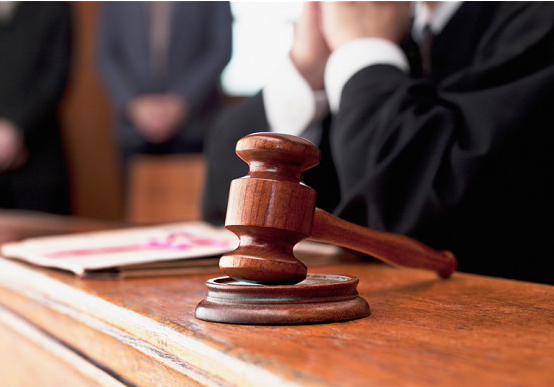
Dec 21, 2018 | News
CORE and the ICJ have been granted permission to intervene in an appeal before the United Kingdom Supreme Court (Vedanta Resources PLC and another v. Lungowe and others).
The two organizations will provide evidence on comparative law and international standards regarding the responsibilities of companies in relation to human rights and environmental protection, in particular the recognition of a duty of care of parent companies in relation to the communities living in the surrounding of companies operations.
In August 2015, 1800 Zambian villagers launched a legal action in the UK against mining company Vedanta Resources Plc and its Zambian subsidiary, Konkola Copper Mines, claiming that their water sources and farming land were poisoned from the copper mining operations of both companies.
Last year, the Court of Appeal upheld a High Court ruling that the Zambian claimants had a legal right to bring a claim through the courts in the UK and that a parent company may owe a duty of care to third parties affected by its subsidiary. Vedanta is appealing this ruling in the Supreme Court.
CORE and the ICJ have been lead participants in the elaboration processes of all major international instruments in the field of businesses’ human rights responsibilities in the last decade and are also specially situated to provide information on the state of the law in various jurisdictions.
Our submission is that the Court of Appeal’s conclusion that Vedanta arguably owed a duty of care to the claimants is supported by: international standards regarding the responsibilities of companies in relation to human rights and environmental protection; material published by the UK government with the aim of implementing those international standards; and comparative law jurisprudence.
The hearing will take place on 15-16 January 2019.
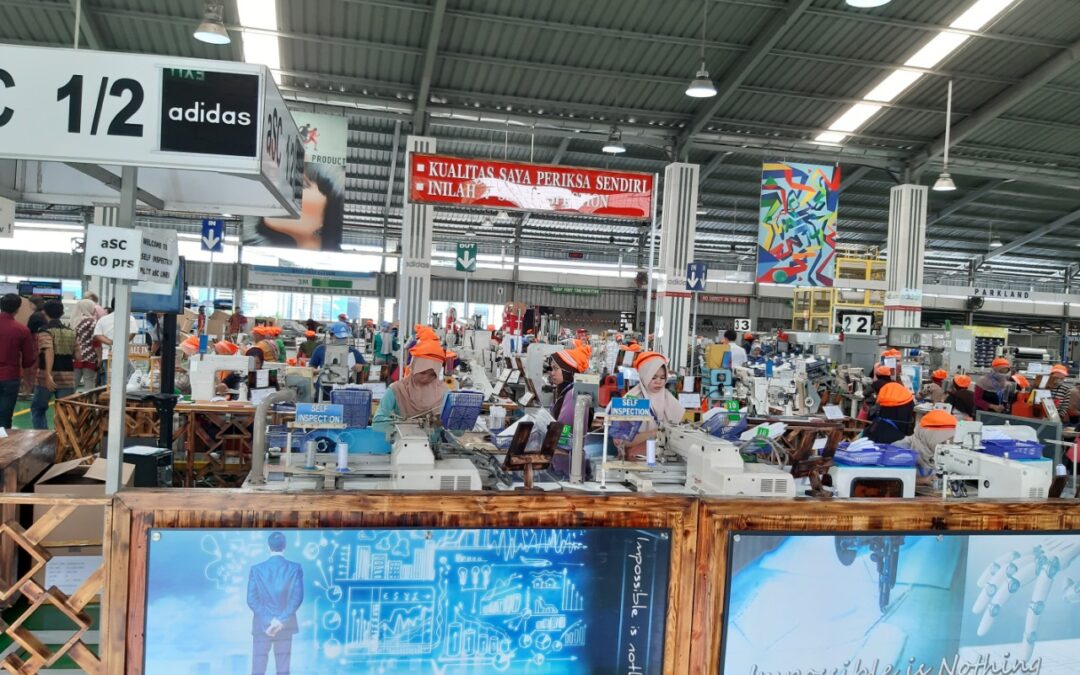
Dec 5, 2018 | News
From 28 November to 3 December 2018, a delegation of the ICJ carried out a learning and assessment visit to two factories in Indonesia that are part of the supplier network of the global brand adidas.
The ICJ delegation noted at the conclusion of the visit to two of the global brand’s supply chain factories a number of elements of good practice, highlighted in the full statement available below.
The mission did not aim to identify human rights impacts or to assess individual cases, their procedures and outcomes. While the ICJ assessment of the information gathered during the visit continues, the ICJ has already recommended improvements in transparency and public communication about the performance of adidas’ factory suppliers.
The ICJ also invited the companies to a broad reflection on the need to have a factory level grievance mechanism, instead of the existing compartmentalized system. Finally, adidas and partners need to also step up action in relation to the establishment of an effective community grievance mechanism.
The full statement can be downloaded in PDF format here: Statement-adidas-Indonesia-BusinessHumanRights-2018
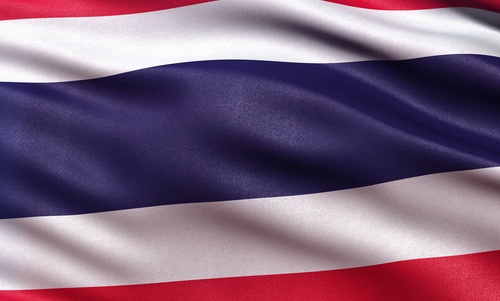
Dec 3, 2018 | Advocacy, News, Non-legal submissions
Today, the ICJ joined fifteen other organizations to call on the Thai authorities and Thammakaset Company Limited to ensure that criminal and civil defamation complaints brought by the company against human rights defenders Nan Win and Sutharee Wannasiri do not proceed.
The charges have been leveled in connection with work by the two defenders to bring attention to labour rights violations at a Thammakaset-owned chicken farm in Thailand.
The organizations further called on the Thai authorities to act to ensure that no person is held criminally liable for defamation, including by decriminalizing defamation in Thai law and protecting individuals from abusive litigation aimed at curtailing the rights to freedom of expression and access to information and other activities of human rights defenders.
Today, the Bangkok Criminal Court will hold preliminary hearings on the criminal defamation complaints filed by Thammakaset Co. Ltd. against the two human rights defenders.
“This is the most recent in a series of spurious legal cases brought by companies in Thailand aimed at intimidating human rights defenders and curtailing their important work in defence of human rights,” said Ian Seiderman, ICJ’s Legal and Policy Director.
“Thai authorities must take all necessary measures in law and in practice to ensure that private business entities do not misuse the law to interfere with human rights such as freedom of expression and access to information.”
On 12 and 26 October 2018, Thammakaset Co. Ltd. filed criminal and civil defamation complaints against Nan Win, a migrant worker from Myanmar, and Sutharee Wannasiri, a woman human rights defender and a former Human Rights Specialist with Fortify Rights.
The complaints related to a 107-second film published by non-governmental organization Fortify Rights on 4 October 2017 that called on Thai authorities to drop criminal defamation charges against 14 migrant workers at a Thammakaset-operated chicken farm and to decriminalize defamation in Thailand.
Nan Win was one of the above-mentioned 14 migrant workers and faces a criminal defamation suit for reportedly testifying about alleged labour rights violations he faced in the Thammakaset-operated farm. Sutharee Wannasiri faces criminal and civil defamation suits for reportedly sharing information about the Fortify Rights film on Twitter.
If convicted of criminal defamation, Nan Win faces up to four years’ imprisonment and/or a fine of up to 400,000 Thai Baht (more than US$12,150) and Sutharee Wannasiri faces up to six years’ imprisonment and/or a fine of up to 600,000 Thai Baht (more than US$18,200). Thammakaset Co. Ltd. is also seeking five million Thai Baht (US$151,400) in compensation for alleged damage to the company’s reputation in its civil defamation suit against Sutharee Wannasiri.
“We urge the Thai government not only to uphold their own legal obligations, but also to remind business enterprises in Thailand that they are also responsible for upholding human rights under international standards and domestic law,” said Seiderman.
Thailand-Drop defamation Nan Win Sutharee Wannasiri-Advocacy-Joint Statement-2018-ENG (Joint Statement, English, PDF)
Thailand-Drop defamation Nan Win Sutharee Wannasiri-Advocacy-Joint Statement-2018-THA (Joint Statement, Thai, PDF)
Background
On 12 October 2018, Thammakaset Co. Ltd. filed a criminal defamation suit under sections 326 and 328 of Thailand’s Criminal Code against Sutharee Wannasiri, a former Thailand Human Rights Specialist with Fortify Rights, for three comments she was alleged to have made on Twitter related to the Fortify Rights film.
On 26 October 2018, Thammakaset Co. Ltd. filed a criminal defamation suit under sections 326 and 328 of Thailand’s Criminal Code against Nan Win, one of the 14 migrant workers from Myanmar, for two interviews he gave in a Fortify Rights film and during a Fortify Rights press conference on 6 October 2017.
On the same day, Thammakaset Co. Ltd. also filed a civil defamation suit against Sutharee Wannasiri citing the above mentioned alleged Twitter comments and demanding five million Thai Baht (more than USD 142,000) in compensation for alleged damage to the company’s reputation.
The UN Human Rights Committee has clarified that defamation laws must ensure they do not serve, in practice, to contravene the rights to freedom of expression and information protected under article 19 of the International Covenant on Civil and Political Rights (ICCPR) and enshrined under articles 34, 35 and 36 of the 2017 Constitution of Thailand. While civil penalties are appropriate to achieve a lawful aim of protection of reputation, the imposition of such penalties must be proportionate and strictly necessary to achieve a legitimate purpose.
Thailand has an obligation under international human rights law, including the ICCPR, to protect persons against the action of businesses that impair the exercise of human rights. The U.N. Guiding Principles on Business and Human Rights also clarify that business entities have a responsibility to uphold human rights. In August 2018, Thailand launched a revised draft National Action Plan on Business and Human Rights in order to implement the U.N. Guiding Principles.
Contact
Ian Seiderman, ICJ Legal and Policy Director, email: ian.seiderman(a)icj.org
Other reading
For recent ICJ advocacy on similar criminal defamation proceedings launched against labour rights defender Andy Hall, see:
ICJ, Lawyers Rights Watch Canada, ‘Thailand: amicus in criminal defamation proceedings against human rights defender Andy Hall’, 26 July 2016
ICJ, ‘Thailand: verdict in Andy Hall case underscores need for defamation to be decriminalized’, 20 September 2016
For recent ICJ advocacy on the misuse of defamation laws in Thailand against human rights defenders, see:
ICJ, ‘Thailand: immediately stop criminal defamation complaint against torture victim’, 15 February 2018
ICJ, ‘Thailand: ICJ welcomes decision to end proceedings against human rights defenders who raised allegations of torture’, 1 November 2017
ICJ, ‘Thailand: stop use of defamation charges against human rights defenders seeking accountability for torture’, 27 July 2016
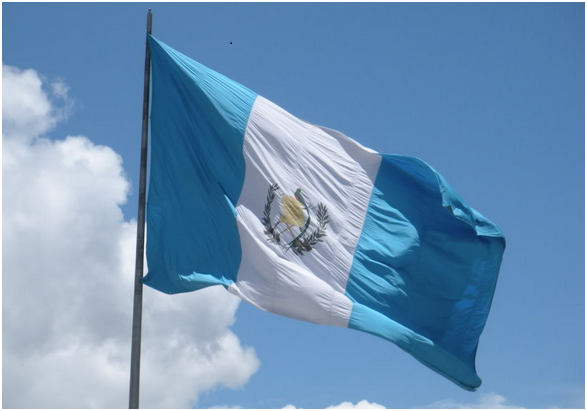
Nov 28, 2018 | Events, News
A conference on the situation of business and human rights in Izabal, Guatemala will be held on 29 November 2018 at UNIMAIL University of Geneva at 6:30 pm.
THIS CONFERENCE IS IN FRENCH AND SPANISH ONLY
The conference is co-organised by the International Commission of Jurists, the Department of International Public Law and International Organisation, Faculty of Law, University of Geneva and the Town of Geneva.
Speakers at the conference include Ramon Cadena, the Director of the ICJ Central America Office, Amalia Caal Coc, a local community leader from the Guilermo Torielo Foundation, Maynor Alvarez, Director of Community Relations from the Guatemalan Nickel Company, Solway Group, and Sandra Ratjen, Franciscans International. The panel moderator is Dr Antonella Angelini from the Department of International Public Law and International Organisation.
The meeting room is R070 at UNIMAIL, There will be a discussion after the panel. Entrance is free and there will be interpretation in French and Spanish.
Flyer in Spanish (PDF)
Flyer in French (PDF)
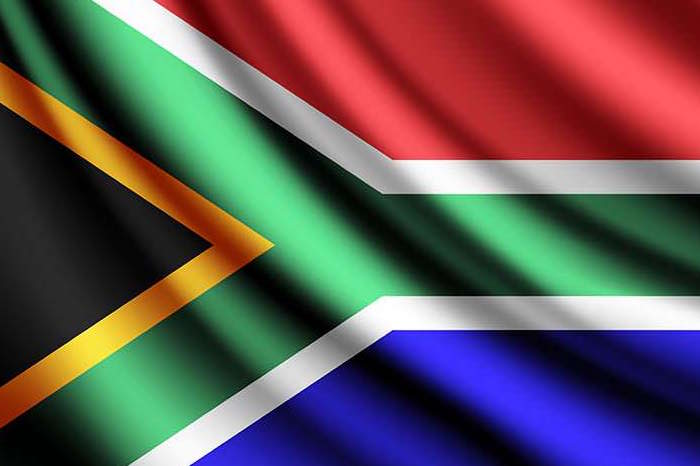
Nov 22, 2018 | News
The ICJ welcomes the landmark decision by the North Gauteng High Court in the Duduzile Baleni and 128 Others v Minister of Mineral Resources in which the Court affirmed the principle of free, prior and informed consent in relation to mining activities.
On Thursday the 22nd of November 2018, the Court declared that the Minister of Mineral Resources cannot grant a license to any mining company without first obtaining the full and informed consent of the affected community.
It concluded: “The applicants in this matter [have] the right to decide what happens with their land. As such they may not be deprived by their land without their consent. Where the land is held on a communal basis – as in this matter – the community must be placed in a position to consider the proposed deprivation and be allowed to take a communal decision in terms of their custom and community on whether they consent or not to a proposal to dispose of their rights to their land.”
“This decision is a positive step towards protecting the rights of vulnerable communities from the excesses of States in the benefit of corporations. Informed consent from affected communities is vital for economic activities to bring development that enriches the lives of the communities where the companies operate,” said Arnold Tsunga, ICJ Africa Regional Programme Director.
“The ICJ will continue to support the community through its cooperation with Ms. Nonhle Mbuthuma of the Amadiba Crisis Committee. We regard the community as Human Rights Defenders who are fighting to protect their internationally recognized economic, social and cultural rights,” he added.
The ICJ calls on the South African government to respect the judgment which conforms with the requirements of South African legislation, the South African Constitution, judgments of the Constitutional Court of South Africa and international human rights law.
Contact
Arnold Tsunga, Director of the ICJ Africa Regional Programme, m: +263 77 728 3248, e: arnold.tsunga(a)icj.org
South Africa-Xolobeni decision-News-web story-2018-ENG (full stroy with additional information, in PDF)









